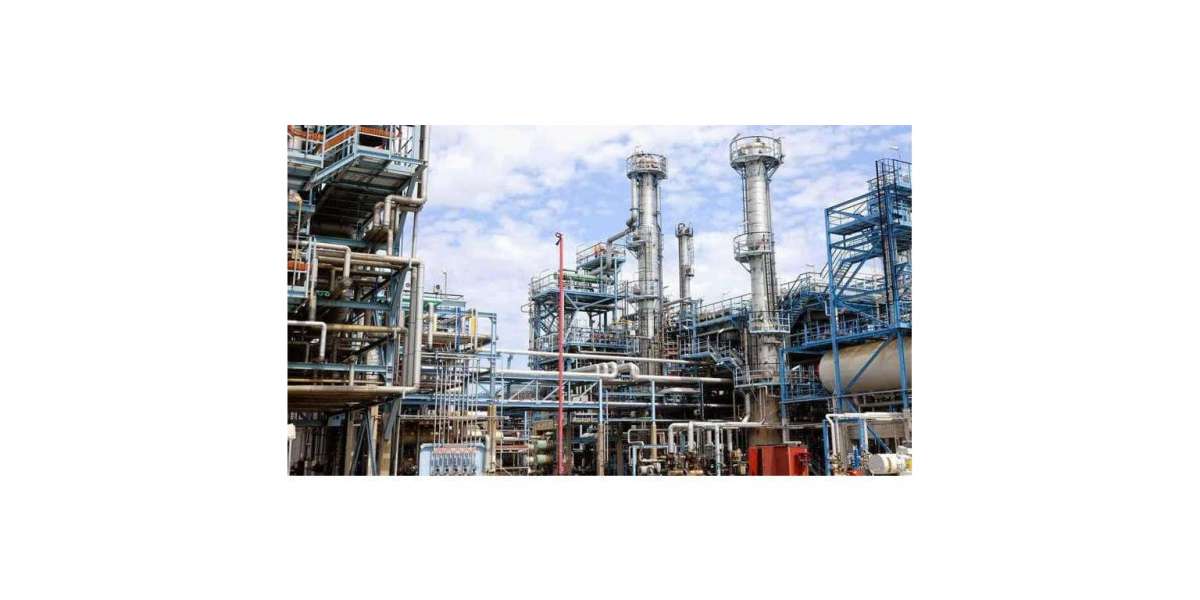During a recent session in Abuja, the Nigerian Senate has initiated an investigation into the significant $1.5 billion allocated in 2021 for the rehabilitation of the Port Harcourt Refinery. The decision to probe the substantial funds was spearheaded by Senator Opeyemi Bamidele, the Chairman of the Senate Ad Hoc Committee to Investigate Alleged Economic Sabotage in the Nigerian Petroleum Industry.
Senator Bamidele, who also holds the position of Senate Leader, voiced his dissatisfaction regarding the state of the Port Harcourt Refinery, highlighting the minimal outcomes achieved following the extensive funding. He emphasized the disparity in treatment between public companies and thriving private enterprises, underscoring an urgent need for accountability in the management of state-owned assets.
The Senate leader recounted the Federal Executive Council's (FEC) endorsement of the Ministry of Petroleum Resources' plan to rejuvenate the Port Harcourt facility. However, he expressed his dismay over the ongoing dysfunction of government-owned refineries, despite the billions already invested for their maintenance and upgrades.
"The federation is undergoing a truly challenging period," Bamidele remarked, pointing to the irregular distribution and supply of refined petroleum products as indicative of this crisis. He highlighted the long queues at filling stations as a direct reflection of the supply issues plaguing the nation.
Additionally, he raised serious concerns regarding the reliance on imported petroleum products, despite Nigeria's significant contribution to the global oil market—approximately two percent of its crude oil requirements. Bamidele criticized the importation of hazardous products and the influx of substandard diesel into the country, labeling these actions as detrimental to national interests.
Reflecting on the history of investments since 1999, Bamidele noted that successive administrations have poured billions into the maintenance and rehabilitation of the state-owned refineries in Kaduna, Port Harcourt, and Warri. Despite these efforts, the refineries remain largely non-functional, prompting critical discussions on the effectiveness and governance of Nigeria's oil sector.
The Senate's inquiry into these pressing matters not only underscores the urgency for reform within the petroleum industry but also seeks to hold accountable those responsible for mismanaging public resources, ensuring that future investments yield tangible benefits for the Nigerian populace.







